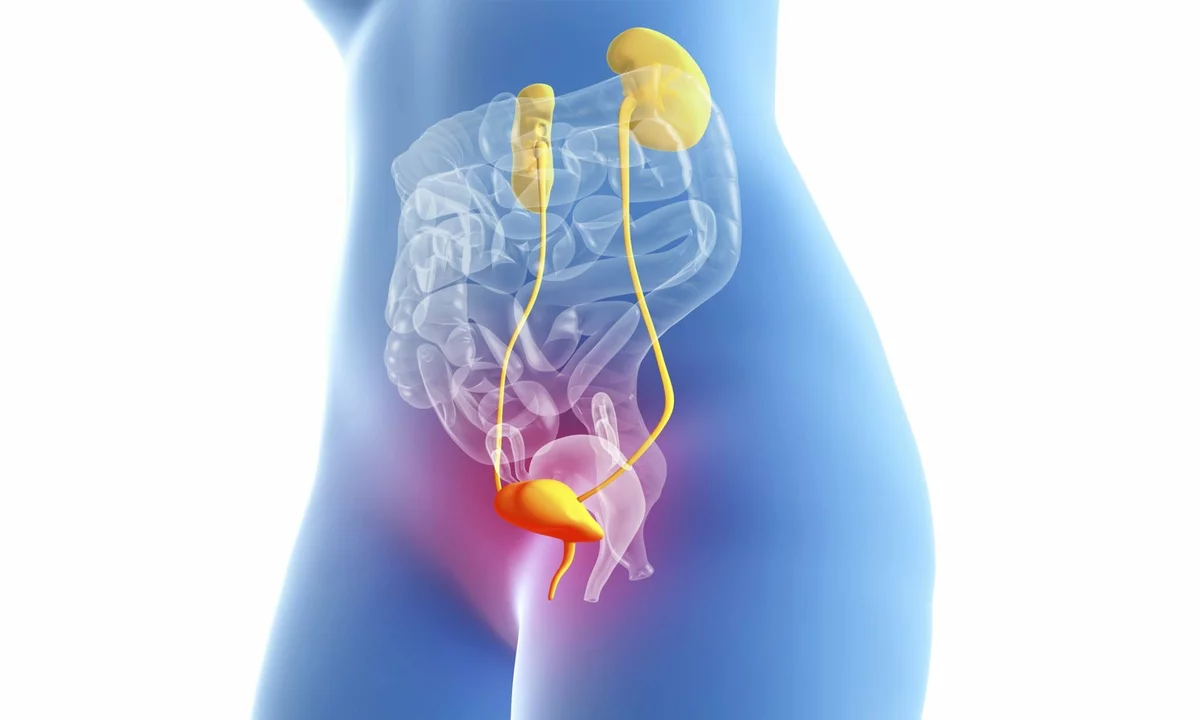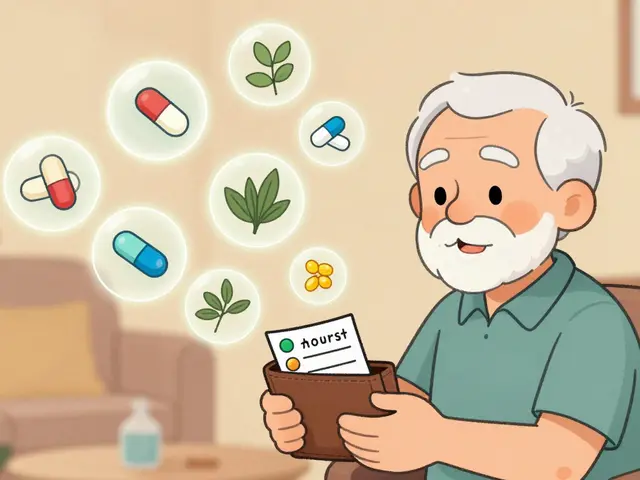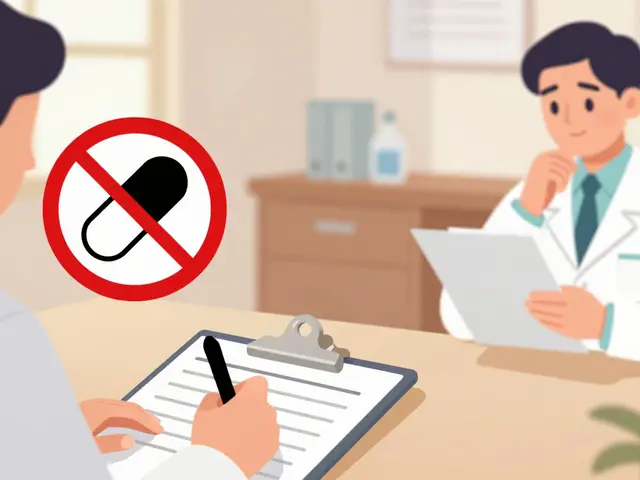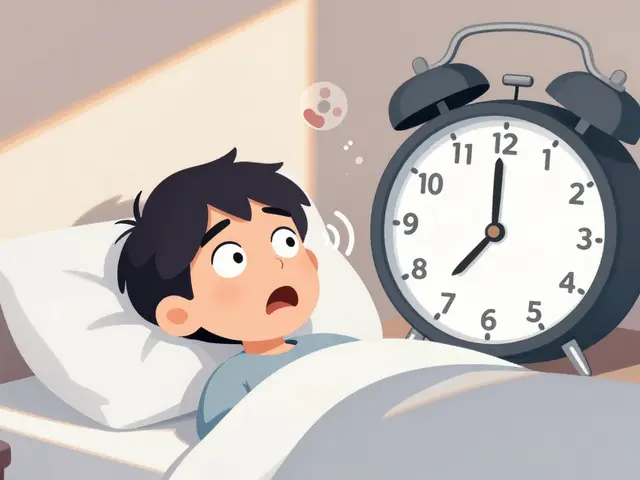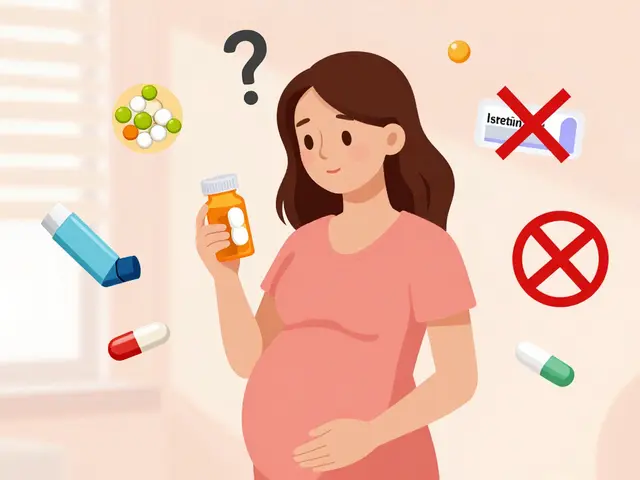Understanding Cystitis: What You Need to Know
Cystitis is an infection or inflammation of the bladder that mostly affects women but can happen to anyone. It often causes a painful, burning sensation when you pee and a constant need to go even if not much urine comes out. If you’ve felt that sudden urge coupled with discomfort low in your belly, you might be dealing with cystitis.
So, what actually causes it? The most common cause is bacteria, usually from the digestive tract, getting into the urethra and then the bladder. Simple things like wiping the wrong way after using the bathroom, holding urine for too long, or even sexual activity can raise your risk. Sometimes, irritation from soaps or hygiene sprays can also lead to symptoms that feel a lot like an infection.
Spotting the Symptoms Early
The signs of cystitis can be pretty clear: burning during urination, cloudy or strong-smelling urine, and feeling the need to urinate frequently—even if little comes out. Some people notice pink or red urine, which means there’s blood. You might also feel tired or have a mild fever if the infection is worse.
It’s easy to brush off these symptoms, but ignoring cystitis can lead to more serious infections, possibly affecting your kidneys. If you start feeling side or back pain, higher fever, or nausea, it’s time to see a healthcare provider urgently.
How to Treat and Prevent Cystitis
Most often, cystitis is treated with antibiotics prescribed by your doctor. Drinking plenty of water helps flush out bacteria faster and makes recovery smoother. Some people find relief from over-the-counter pain meds, but don’t skip the antibiotics unless your doctor advises it.
To lower your chances of getting cystitis, simple habits work wonders: wipe front to back, don’t hold urine for hours, stay hydrated, and pee soon after sex. Avoid harsh soaps or douches around your genital area. If you get cystitis frequently, talk to your doctor about preventive measures—they might suggest low-dose antibiotics or other strategies.
With a bit of care and quick treatment, cystitis doesn’t have to keep you down long. Keep an eye on your body's signals and act fast to stay comfortable and infection-free.
The Connection Between Cystitis and Bladder Stones
In one of my recent articles, I explored the connection between cystitis and bladder stones. Cystitis, an inflammation of the bladder, can sometimes lead to the formation of bladder stones due to the build-up of minerals in concentrated urine. These stones can cause an array of uncomfortable symptoms, such as pain, frequent urination, and even blood in the urine. It's essential to seek medical attention for proper diagnosis and treatment, as untreated cystitis and bladder stones can lead to more severe complications. Maintaining good hydration and following a healthy diet can help prevent these conditions and promote overall bladder health.

